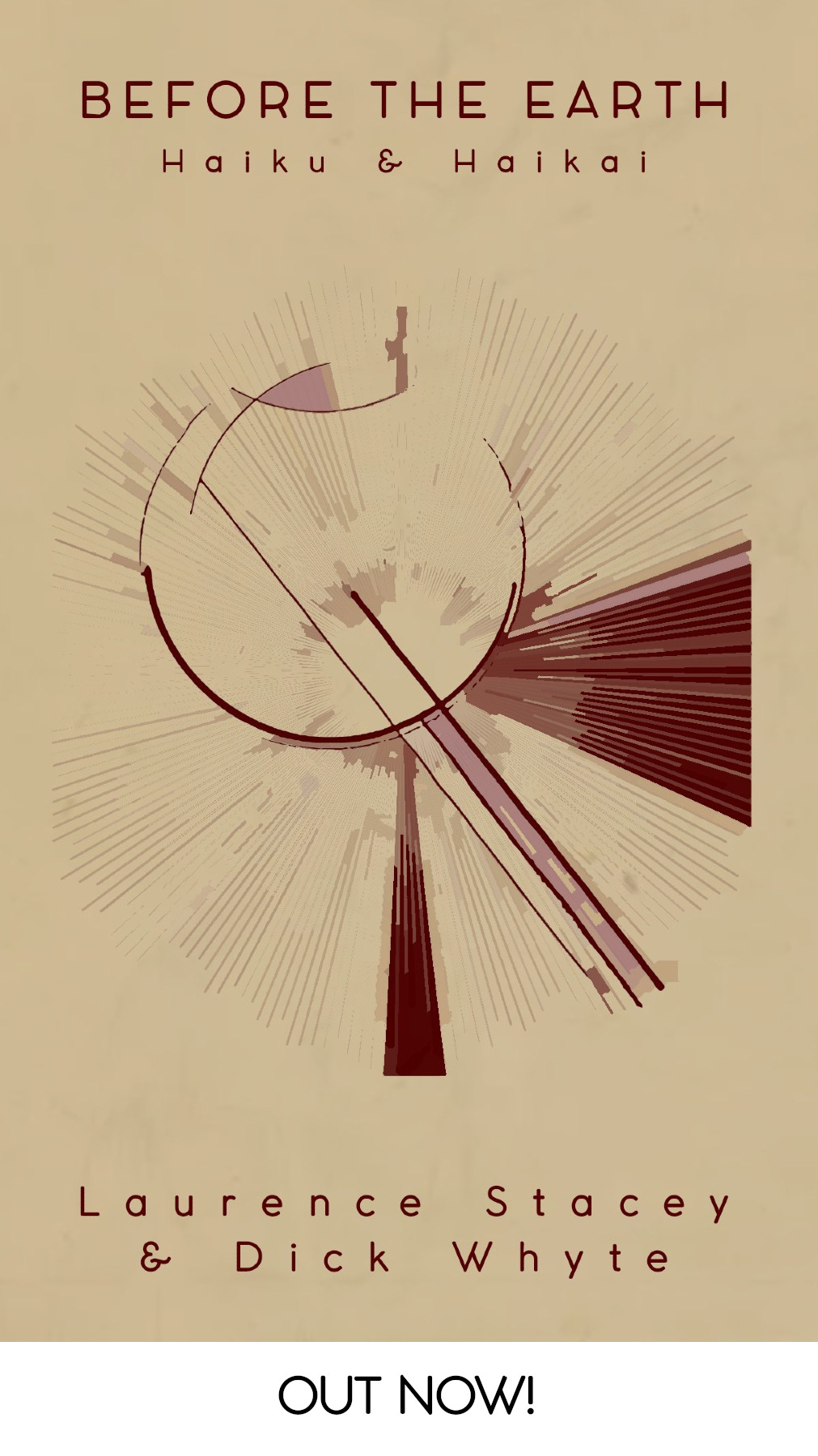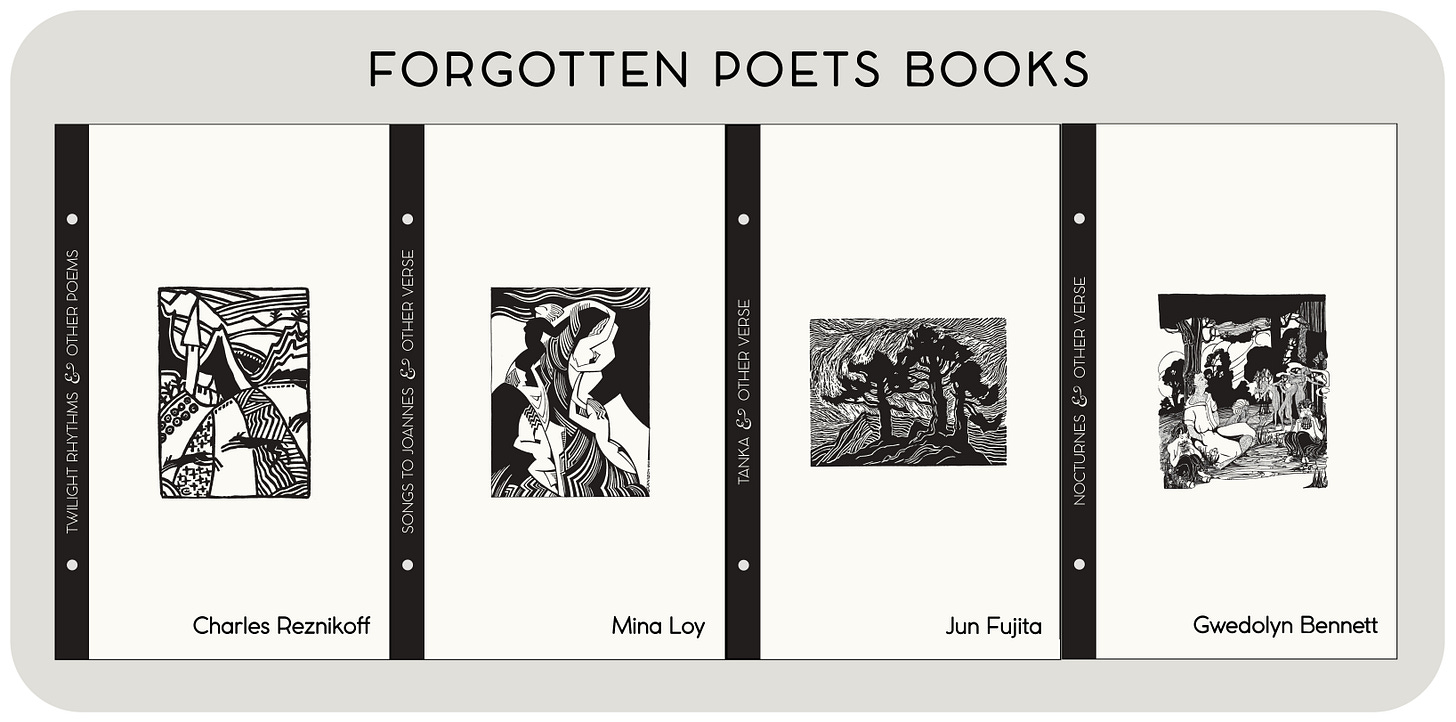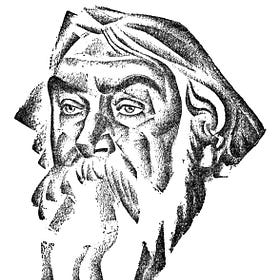Joseph S. Cotter, Jr. - 5 Very Short Poems (1918)
Forgotten Poems #96 || Reissue #13
—: Play On Your Harp :— (excerpt) A seething world is gone stark mad; And is drunk with the blood, Gorged with the flesh, Blinded with the ashes Of her millions of dead. From out it all and over all There stands, years old and fully grown, A monster in the guise of man.
—: The Mulatto To His Critics :— Ashamed of my race? And of what race am I? I am many in one. Thru my veins there flows the blood Of Red Man, Black Man, Briton, Celt and Scot, In warring clash and tumultuous riot. I welcome all, But love the blood of the kindly race That swarthes my skin, crinkles my hair, And puts sweet music into my soul.
—: And What Shall You Say? :— Brother, come! And let us go unto our God. And when we stand before Him I shall say— “Lord, I do not hate, I am hated. I scourge no one, I am scourged. I covet no lands. My lands are coveted. I mock no peoples. My people are mocked.” And, brother, what shall you say?
—: Is It Because I Am Black? :— Why do men smile when I speak, And call my speech The whimperings of a babe That cries but knows not what it wants? Is it because I am black? Why do men sneer when I arise And stand in their councils, And look them eye to eye. And speak their tongue? Is it because I am black?
—: Memories :— The burnished glow of the old-gold moon Shines brightly over me. A thousand stars, like a thousand isles In a dark and placid sea, Bring memories of a golden night, Bedecked in Autumn's hue And fragrant with the lilac's bloom, That brought me joy—and you.
Joseph Cotter, Snr. (in Caroling Dusk, 1926): “At Thanksgiving time 1894 Paul Laurence Dunbar was a guest in my house in Louisville. Here for the first time in the South he read the Negro dialect poems that afterwards made him famous. My son, the late Joseph S. Cotter, Jr. (1894-1919), was born in the room in which these poems were read. He learned to read and write from his sister, Florence Olivia, who was two years older. Before he entered school at the age of six years he had read about thirty books.”
“Both were graduated from the Louisville Central High School under 16; Florence Olivia won first honor of her class and Joseph the second. After a year-and-a-half at Fisk University, in Nashville, Florence Olivia wrote us that Joseph had tuberculosis and must leave school. He returned home and was put under a doctor. The following December, Florence Olivia returned from Fisk with tuberculosis, and one year from that day she died. It was grieving over his sister's death that discovered to Joseph his poetic talent. He died February 3rd, 1919, leaving his published poems, The Band of Gideon, and two other unpublished works—one of poems and one of one-act plays.”
Illustration: Aaron Douglas (Opportunity, 1925)
For Joseph S. Cotter, Jr. by Dick Whyte when words begin the world stops and all that was dead lives again: dead bugs crawling dead winds blowing dead stars burning then the world starts up again insistently spinning— thread by thread re membered move ment meant i was moved
Forgotten Poets Presents:
Forgotten Poems, a living anthology of obscure and out-of-print poetry from the late-1800s and early-1900s. Explore the archives:
More African American poetry . . .
Anne Spencer - 5 Short Poems (1920-1975)
—: Dunbar (1920) :— Ah, how poets sing and die! Make one song and heaven takes it: Have one heart and beauty breaks it: Chatterton, Shelly, Keats, and I— Ah, how poets sing and die!...
Edward Perry - 2 Short Poems (1927)
—: Colors & Life (1927) :— Colors Blacks, browns, Tans and yellows; Like flowers We're a race Of numerous colors. Life Birth, Love, Sickness, Then death. We toil for tomorrow; Leave our loved ones in sorrow...
More poems about monsters . . .
Charles Erskine Scott Wood - 5 Very Short Poems (1877-1925)
—: Untitled (1877) :— I have seen war. I have heard it. I have smelled it. Even now I am waked from dreams By the stink of bodies Three days dead under the sun. Maggots filled their mouths...
More poems about the moon . . .
Lewis Alexander - 4 Short Poems & Some Haiku (1923-28)
—: Dream Song :— Walk with the sun, Dance at high noon; And dream when night falls black; But when the stars Vie with the moon, Then call the lost dream back...
















Loved your poem on this one, Dick. Haunting...
My favorite of the Cotter selection was "Memories," possibly because I'm a sucker for rhyme, but the last line in that poem hit perfectly. It is great when rhyme can be used purposefully: in this case, the addition of "-- and you." created rhyme in a line that otherwise wouldn't have had it, hence "you" kind of brought everything together -- a heartful message between the lines!
My favorite is The Mulatto to His Critics. The way he loves himself and welcomes all the streams of his heritage but especially that he loves his blackness: "the kindly race"
" But love the blood of the kindly race
That swarthes my skin, crinkles my hair,
And puts sweet music into my soul."
"swarthes" made into a verb is delightful.